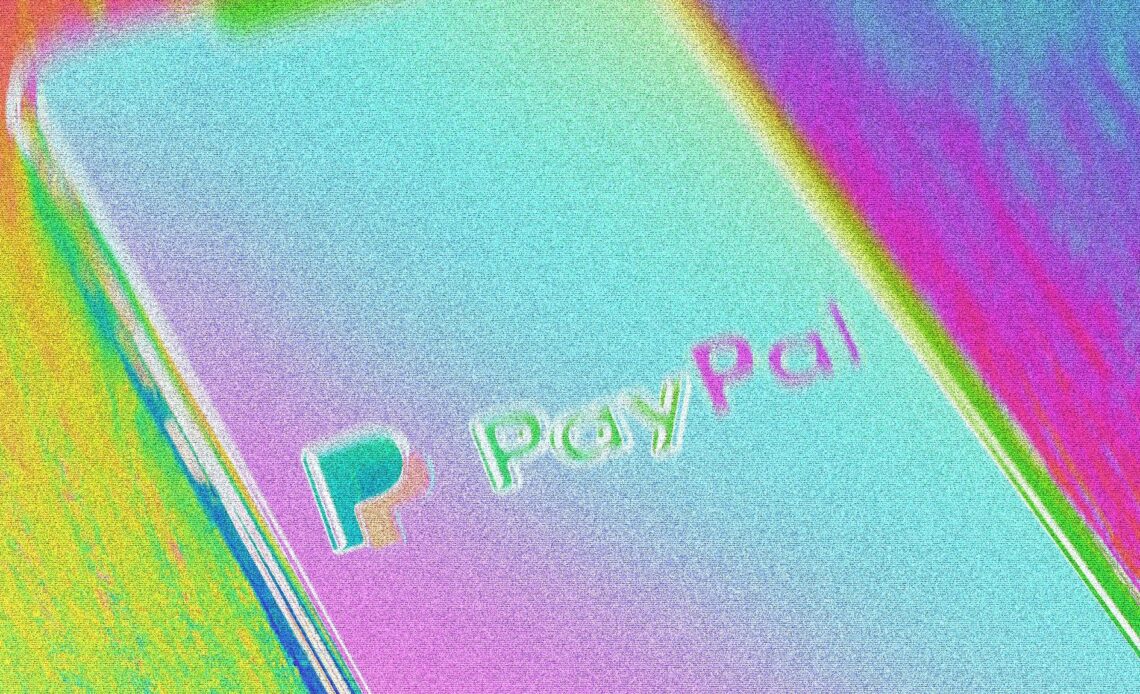So much for pausing development. This morning it was announced that global payments giant PayPal (PYPL) is launching PayPal USD (PYUSD), a U.S. dollar stablecoin fully backed by U.S. dollar deposits, short-term U.S. Treasuries and similar cash equivalents.
There are so many theories and ideas flying around about this and so, naturally, I have one million questions about PayPal’s U.S. stablecoin. Here are five.
This is an excerpt from The Node newsletter, a daily roundup of the most pivotal crypto news on CoinDesk and beyond. You can subscribe to get the full newsletter here.
Why would PayPal issue a stablecoin, despite regulatory uncertainty in the U.S.?
There’s certainly regulatory uncertainty in the U.S., but PayPal is big enough to actually influence regulators. Take a moment to reflect on the companies, stakeholders and individuals who are complaining about onerous crypto regulation stateside. It’s crypto natives and companies like Coinbase and Circle, which set up Centre Consortium to issue the second largest stablecoin USDC.
Meanwhile the entrenched powers, like BlackRock, laugh in the face of regulatory uncertainty. The message from the big players is “thanks for trailblazing, y’all, but this is how you apply the pressure back.”
Realistically, the most cynical and simplistic view of American enterprise applies here: PayPal, a for-profit institution that tries to make money, is issuing a stablecoin because it thinks it can make money issuing a stablecoin. It is not exactly a small undertaking – likely involving its risk, compliance, legal, partnership and communications teams – but it’s not altruistic.
What are potential use cases and benefits of PYUSD for the average consumer?
This is a bit unclear at the moment. The potential uses and benefits for the average consumer for a truly decentralized U.S. dollar stablecoin are pretty supportable. With those, you have a borderless, (theoretically) uncensorable version of the world’s reserve currency that people excluded from traditional U.S. payment rails can use (like in, say, Argentina or Russia).
Fabulous. Cool.
But PayPal is rolling PYUSD out in the United States through Venmo. Venmo only works in the United States and requires a bank account to use. PYUSD use in Venmo is basically just another new way for banked…
Click Here to Read the Full Original Article at Cryptocurrencies Feed…
























